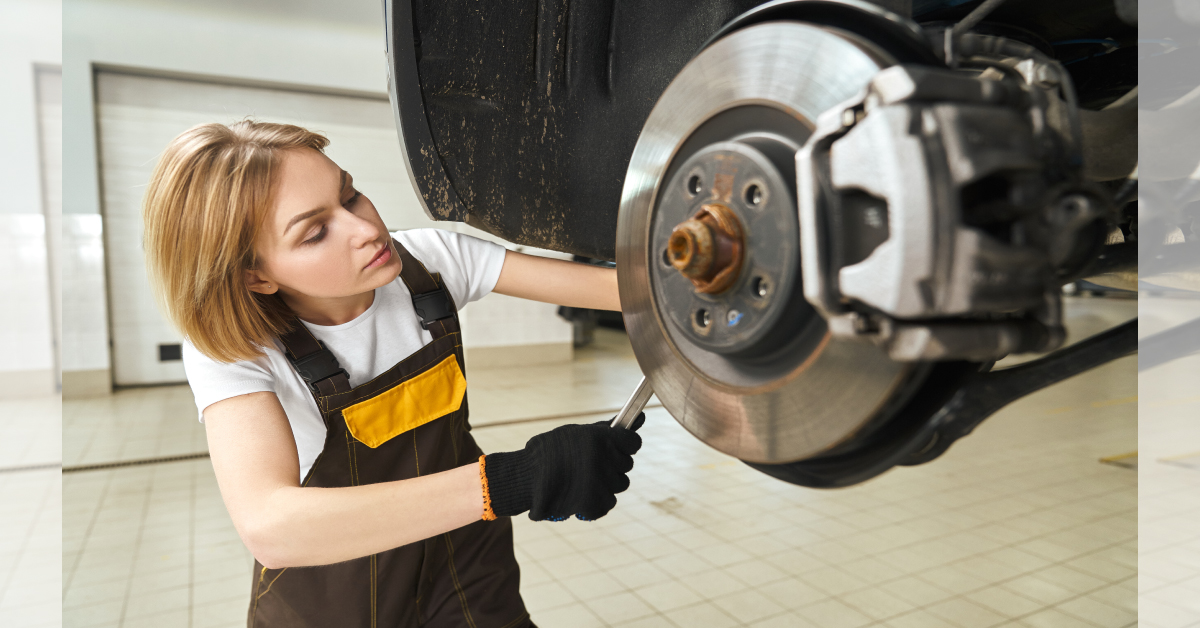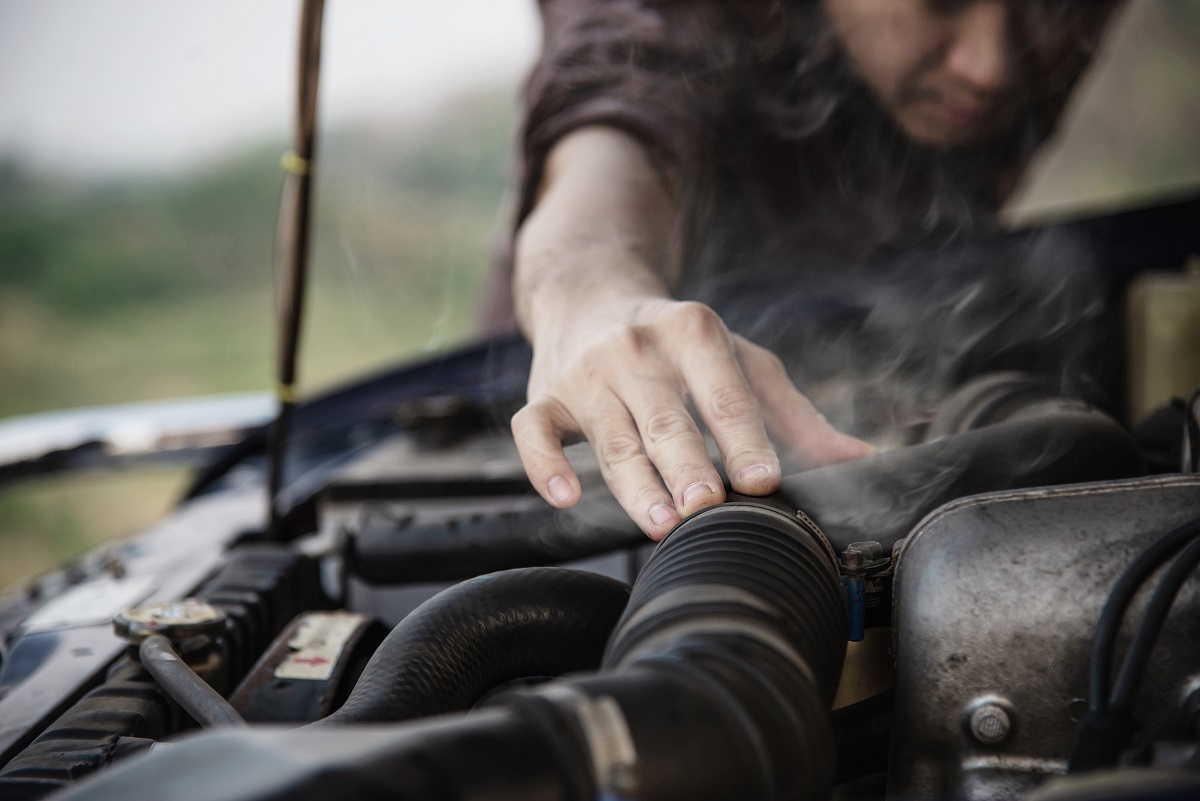Engine Control Unit Replacement vs. Repair: Which is Right for You in 2023?

Engine Control Units (ECUs) are essential components of modern vehicles, responsible for managing various aspects of the engine's performance, such as fuel injection, ignition timing, and emissions control. Like any mechanical component, ECUs can fail over time due to wear and tear, electrical problems, or software issues. When this happens, vehicle owners are often faced with the decision to replace or repair the ECU. In this article, Based on the experience of engine control unit repair specialists in Dubai we will explore the pros and cons of ECU replacement and repair in 2023 and help you determine which option is right for you. ECU Replacement: Pros and Cons ECU replacement involves removing the faulty unit from the vehicle and installing a brand-new one. This option is generally recommended when the ECU has suffered significant damage, such as from water damage or physical trauma. Here are some of the pros and cons of ECU replacement: Pros: A brand new ECU typically comes wi...




